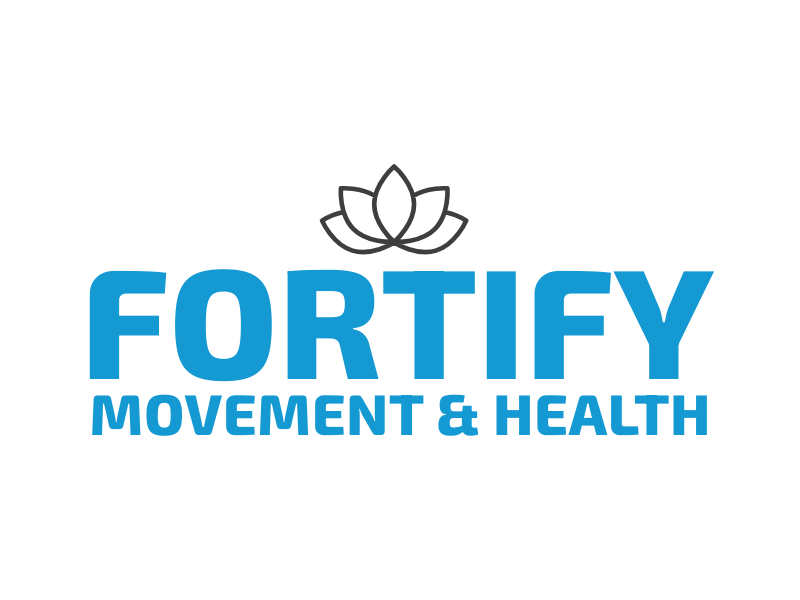Type 2 diabetes is a chronic condition that affects millions of people around the world. While it can be managed with medication, lifestyle changes such as regular exercise and a healthy diet can play a significant role in managing the disease. In this blog post, we will discuss the importance of exercise and nutrition habits for those suffering from type 2 diabetes.
Exercise and Type 2 Diabetes
Regular exercise can help people with type 2 diabetes to manage their blood sugar levels. When you exercise, your body uses glucose as fuel, which helps to lower blood sugar levels. Exercise also helps to improve insulin sensitivity, which means that your body can use insulin more effectively to regulate blood sugar levels.
There are many different types of exercise that can be beneficial for people with type 2 diabetes, including aerobic exercise and resistance training. Aerobic exercise, such as walking, jogging, or cycling, helps to improve cardiovascular health and can help to lower blood sugar levels. Resistance training, such as weight lifting, can help to build muscle mass, which can improve insulin sensitivity.
It’s important to speak to your healthcare provider before starting an exercise program, especially if you haven’t exercised in a while. They can help you to develop a safe and effective exercise plan that meets your individual needs and fitness level.
Nutrition and Type 2 Diabetes
Nutrition is another key factor in managing type 2 diabetes. Eating a healthy, balanced diet can help to regulate blood sugar levels and improve overall health. Some general guidelines for a healthy diet for people with type 2 diabetes include:
- Choose whole, unprocessed foods as much as possible. This includes fruits, vegetables, whole grains, lean proteins, and healthy fats.
- Avoid or limit sugary drinks and foods, as they can cause blood sugar levels to spike.
- Eat smaller, more frequent meals throughout the day to help regulate blood sugar levels.
- Pay attention to portion sizes and use tools such as measuring cups and food scales to help with portion control.
- Work with a registered dietitian to develop a personalised meal plan that meets your individual needs and preferences.
In addition to these general guidelines, there are also some specific foods and nutrients that may be particularly beneficial for people with type 2 diabetes. For example, fiber can help to regulate blood sugar levels and improve cholesterol levels. Foods that are high in fibre include fruits, vegetables, whole grains, and legumes.
Healthy fats, such as those found in nuts, seeds, and fatty fish, can also be beneficial for people with type 2 diabetes. These fats can help to improve insulin sensitivity and reduce inflammation in the body.
Conclusion
While medication is an important part of managing type 2 diabetes, lifestyle changes such as regular exercise and a healthy diet can also play a significant role. Exercise helps to improve insulin sensitivity and regulate blood sugar levels, while a healthy diet can provide the nutrients that the body needs to function properly. By working with healthcare providers and registered dietitians, people with type 2 diabetes can develop personalised exercise and nutrition plans that help them to manage their condition and improve their overall health.
If you or know someone who’s suffering from type 2 diabetes and need a Melbourne Exercise Physiologist to monitor your progress, then contact us today for more info.
References:
- American Diabetes Association. (2021). Standards of Medical Care in Diabetes – 2021. Diabetes Care, 44(Suppl. 1), S1-S232. https://doi.org/10.2337/dc21-Sint
- Colberg, S. R., Sigal, R. J., Fernhall, B., Regensteiner, J. G., Blissmer, B. J., Rubin, R. R., … & Braun, B. (2010). Exercise and type 2 diabetes: the American College of Sports Medicine and the American Diabetes Association: joint position statement. Diabetes Care, 33(12), e147-e167. https://doi.org/10.2337/dc10-9990
- Evert, A. B., Dennison, M., Gardner, C. D., Garvey, W. T., Lau, K. H., MacLeod, J., … & Yancy Jr, W. S. (2019). Nutrition therapy for adults with diabetes or prediabetes: a consensus report. Diabetes Care, 42(5), 731-754. https://doi.org/10.2337/dci19-0014




